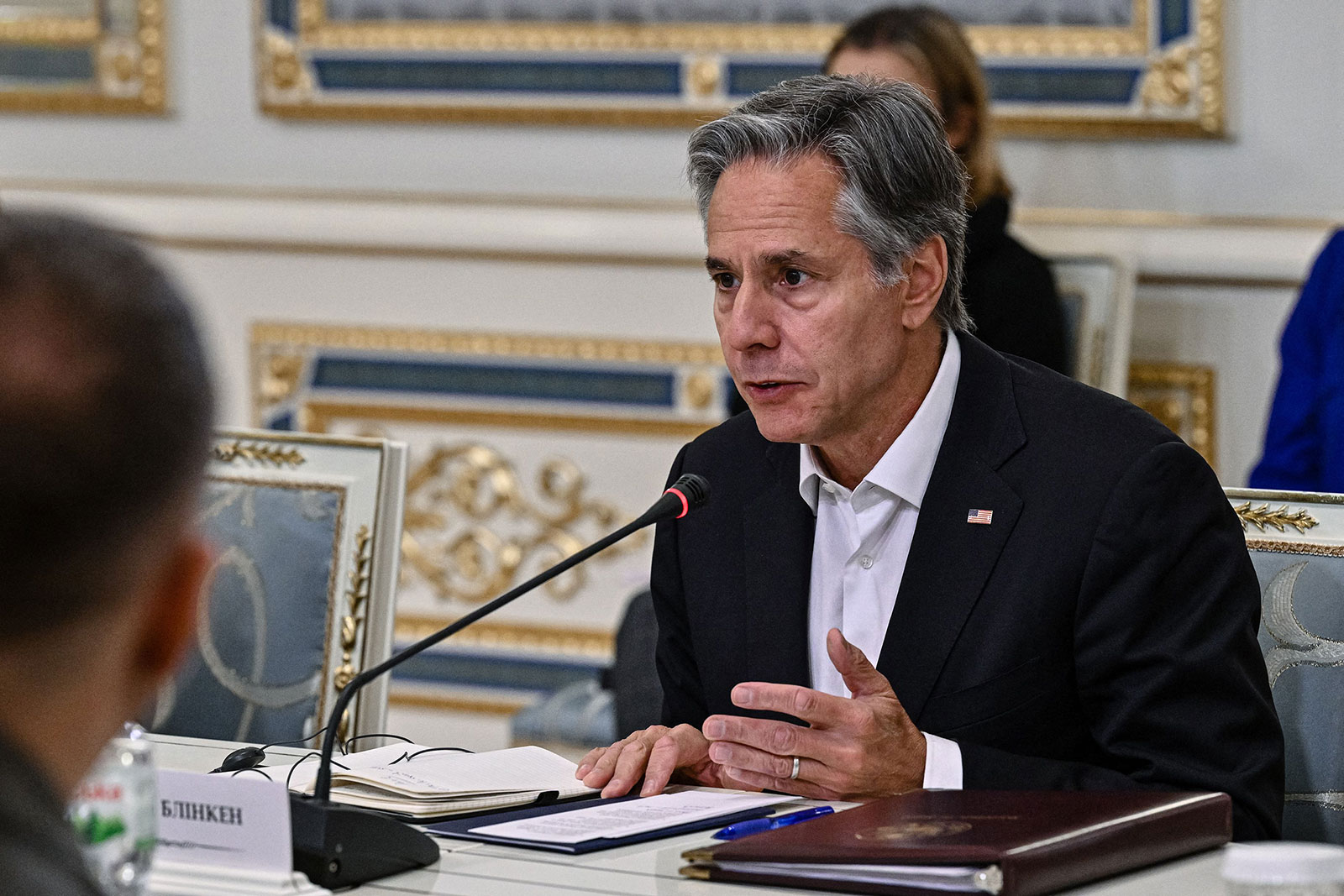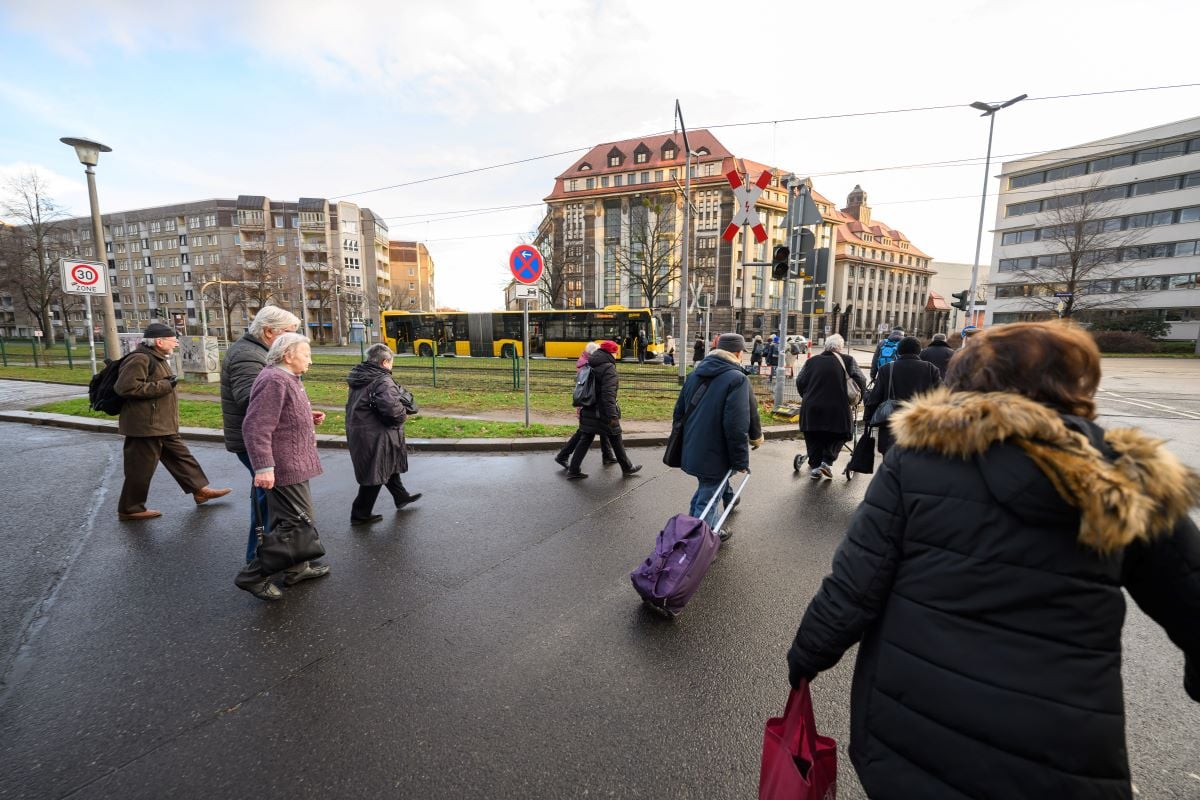
US Secretary of State Antony Blinken has departed Kyiv after his unannounced visit on Thursday, where he said the ongoing counteroffensive was “proving effective.”
The top US diplomat also said “it would be hard to imagine” that Russia’s so-called filtration operations, which have forcibly deported hundreds of thousands of Ukrainians, would be possible without the direction of Russian President Vladimir Putin.
During a meeting with Ukrainian President Volodymyr Zelensky, Blinken credited the success of the counteroffensive to the “incredible bravery, resilience of Ukrainians,” and said the US was “so pleased to have been able to support your efforts.”
“Fundamentally, what this comes down, I think the reason for this success is this is your homeland, not Russia’s. And it’s as basic as that,” the top US diplomat said while seated across from Zelensky.
Speaking to the press before departing the city by train, Blinken said he got “a comprehensive update on the on the counter offensive.
“Again, it’s very early, but we’re seeing clear and real progress on the ground, particularly in the area around Kherson, but also some interesting developments in the Donbass, in the east, but again, early days,” he said.
Blinken said he spent about two hours with Zelensky and his team, and called it “a very productive and in many ways meaningful day.”
In addition to meeting with Zelensky and Foreign Minister Dmytro Kuleba, he visited US Embassy, toured a children’s hospital and went Irpin, where he saw first-hand the devastation wrought from the Russian occupation of the suburb of Kyiv.
The top US diplomat told the press he “was able to bear witness to horrific attacks on houses, on buildings, clearly belonging to civilians, where the shelling, the missiles, the bullets, it’s all there. And at best, it’s indiscriminate. At worst, it’s intentional. And I was able to talk to people doing remarkable work in compiling evidence of war crimes and atrocities and also those responsible for the city who are working to rebuild it,” he said.
Ukrainian forces regained control of Irpin in late March, but the city was left in ruins. Damage was still visible as the top US diplomat toured a part of the city, guided by Deputy Mayor Dmytro Nehresha, according to press accompanying Blinken.
Blinken was told that 95% of the city was evacuated at one point, but a vast majority – about 78% — have returned, and it is receiving internally displaced people from Kherson.





















Discussion about this post